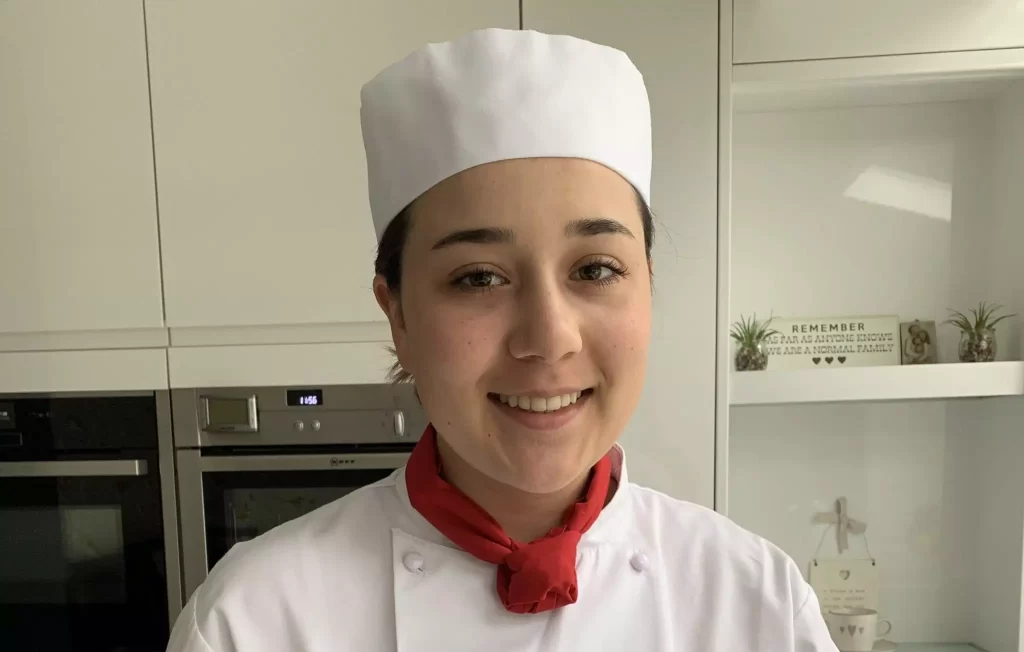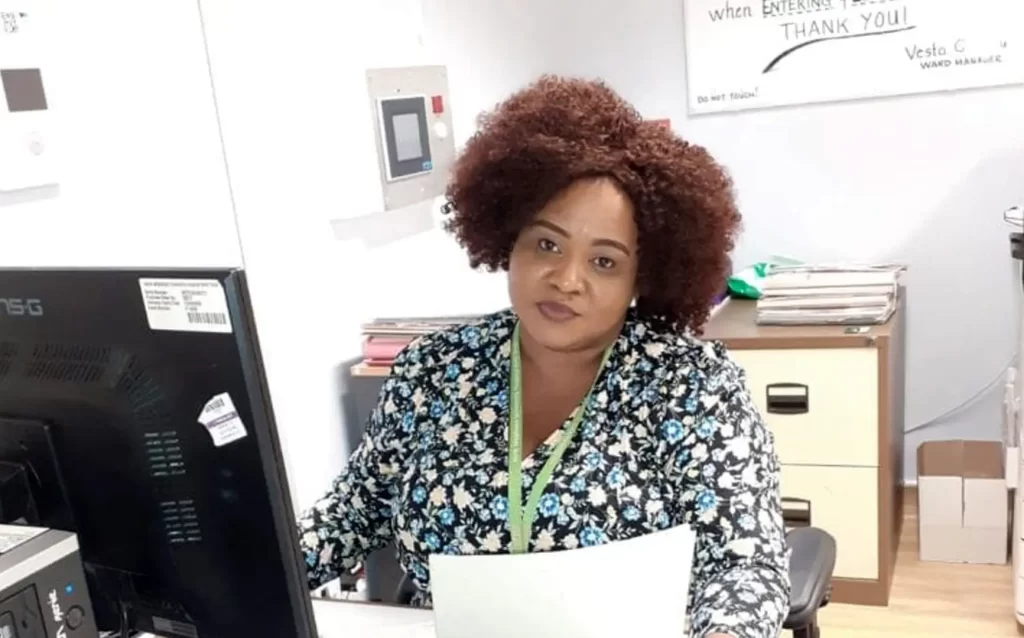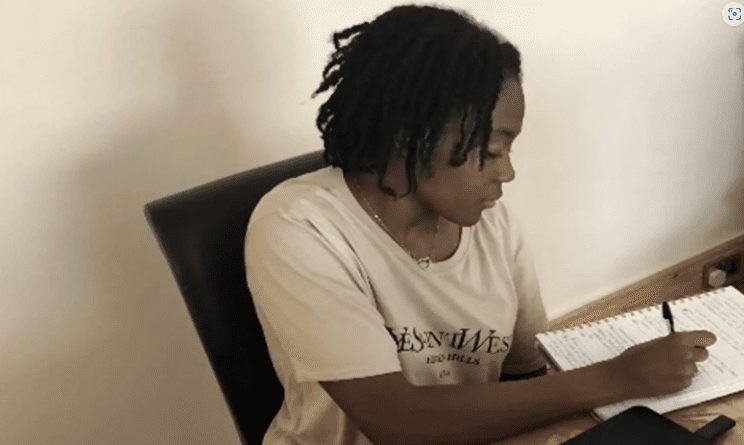The COVID-19 pandemic isn’t stopping Capital City College Training student, Sherif Sheble. Recently we helped get him a job as a Security Officer which allows him to work full-time, even during the lockdown. He is also still studying with us (remotely) pursuing his passion of becoming a counsellor.

Sherif was at ‘rock bottom’ and unemployed when he found out about CCCT at his local ‘back to work’ organisation. He spoke to one of our advisors and expressed a passion for counselling. We got Sherif straight onto one of our counselling courses, but he also needed a job and income quickly, so we signed him up onto our Employability/Door Supervision course – this gave him the skills needed to secure a job at Danhouse Security, one of our partner employers.
Sherif started his security job the very next day and has been working at the Unison Centre on Euston Road for the past three months, where he is a Supervisor.
Sherif’s tutor, Monique Howard, said: “Sherif was on Universal Credit when he joined the course and had been unemployed for a while. He had lost quite a lot of his confidence, but he really got into the Employability/Door Supervision course and loved his interaction with the other students who were in the same boat as him.
“I watched his confidence grow and when he successfully completed the course and applied for his licence, he felt confident enough to apply for a job with Danhouse.”
Sherif told us: “My tutor Monique helped shape my course to help me. She added an English tutor to improve my customer service levels. I really really enjoyed it. I owe the college and Monique a lot. The courses have been great and CCCT have even helped me find a job. With it currently being so hard to find a job, CCCT made it easy. And it is all thanks to my course.
“The course helped build my confidence. What I love about your college is the excitement for learning. It’s great. The teachers are amazing. The support I got from all of my tutors was amazing, they helped change my mental health for the better.”
Sherif loves his job, but his passion is still with counselling, so while working, he continues to be a remote student on our Counselling for Young People and Children course. Sherif said: “After completing one more counselling course with CCCT, I want to go to university to study Counselling and one day do it as a full-time job.”



















